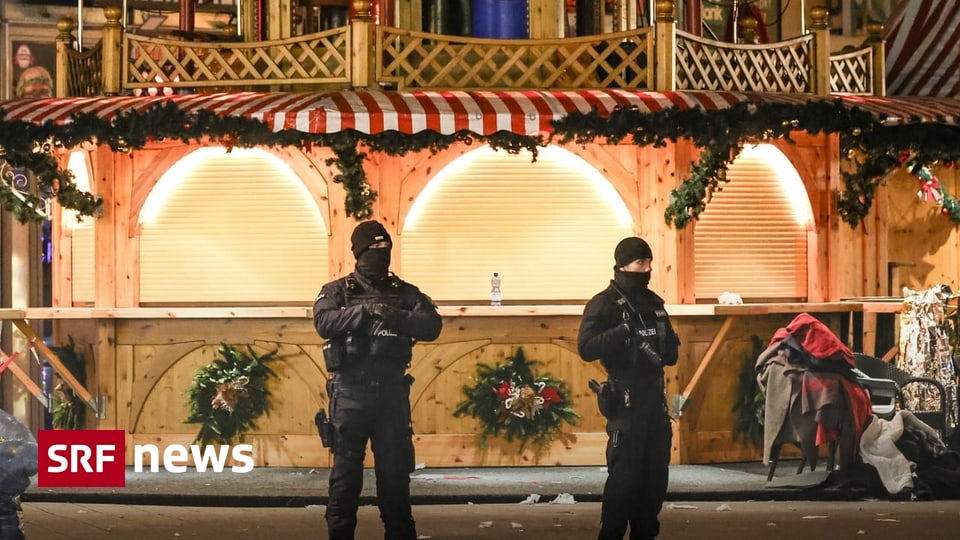Photo: The Canadian Press
Presiding judge Nawaf Salam, fourth from right, opens the court session of the International Court of Justice in The Hague, Netherlands, Tuesday, April 30, 2024, where the United Nations’ top court is ruling on a request by Nicaragua for judges to order Germany to halt military aid to Israel, arguing that Berlin’s support enables acts of genocide and breaches of international humanitarian law in Gaza. (AP Photo/Peter Dejong)
The top U.N. court rejected on Tuesday a request by Nicaragua to order Germany to halt military and other aid to Israel and renew funding to the U.N. aid agency in Gaza.
The International Court of Justice said that legal conditions for making such an order weren’t met and ruled against the request in a 15-1 vote.
“Based on the factual information and legal arguments presented by the parties, the court concludes that, as present, the circumstances are not such as to require the exercise of its power … to indicate provisional measures,” said Nawaf Salam, the court’s president.
However, the 16-judge panel declined to throw out the case altogether. The court will still hear arguments from both sides on the merits of Nicaragua’s case, which alleges that Germany failed to prevent genocide in Gaza. That will likely take months.
Salam said that the court “remains deeply concerned about the catastrophic living conditions of the Palestinians in the Gaza Strip, in particular in view of the prolonged and widespread deprivation of food and other basic necessities to which they have been subjected.”
He added that the court “considers it particularly important to remind all states of their international obligations relating to the transfer of arms to parties to an armed conflict, in order to avoid the risk that such arms micht be used” to violate international law.
The reading of the decision lasted less than 20 minutes.
The German Foreign Office wrote on X after the ruling that “no one is above the law. This guides our actions. We welcome today’s decision by the International Court of Justice.”
“Germany is not a party to the conflict in the Middle East — on the contrary: we are working day and night for a two-state solution,” the ministry added. “We are the largest donor of humanitarian aid to the Palestinians. We are working to ensure that aid reaches the people in Gaza.”
“However, we also see that the terror of Oct. 7 has set off this new spiral of suffering, against which Israel must defend itself,” the foreign office added. “Over 100 hostages are still in the hands of Hamas, which is abusing the people of Gaza as shields.”
Germany argued at hearings in the case that it has barely exported any weapons to Israel since the offensive against Gaza started following the deadly incursion into southern Israel by Hamas militants on Oct. 7.
The court noted that Germany had granted only four export licenses to Israel for weapons of war since the start of the conflict, two for training ammunition and one for test purposes, as well as one consignment of “3,000 portable anti-tank weapons.”
Nicaragua, a longstanding ally of the Palestinians, alleges that Germany is enabling genocide by sending arms and other support to Israel. Tuesday’s ruling by the International Court of Justice is only about preliminary orders in the case that will likely take years to resolve. Germany rejects the allegations.
Israel, which isn’t a party to the case between Nicaragua and Germany, strongly denies that its assault on Gaza amounts to acts of genocide, and insists that it’s acting in self-defense.
Nicaragua’s case is the latest legal bid by a country with historic ties to the Palestinian people to stop Israel’s offensive.
Late last year, South Africa accused Israel of genocide at the court. The cases come as Israel’s allies face growing calls to stop supplying it with weapons, and as some, including Germany, have grown more critical of the war.
On Monday, U.S. Secretary of State Antony Blinken said that Israel must still do more to increase the flow of humanitarian aid into the besieged Gaza Strip.
At hearings early this month, Nicaragua’s ambassador to the Netherlands, Carlos José Argüello Gómez, told the 16-judge panel that “Germany is failing to honor its own obligation to prevent genocide or to ensure respect of international humanitarian law.”
Nicaragua also wants Germany to reinstate direct funding to the U.N. aid agency in Gaza.
The head of Germany’s legal team, Tania von Uslar-Gleichen, said that Nicaragua’s claims “ have no basis in fact or law.”
Israel strongly denies that its assault on Gaza amounts to genocidal acts, saying it’s acting in self-defense after Hamas-led militants stormed into southern Israel on Oct. 7, killing around 1,200 people. Israeli legal adviser Tal Becker told judges at the court earlier this year in the case brought by South Africa that Israel is fighting a “war it did not start and did not want.”
Since Israel launched its offensive, more than 34,000 Palestinians have been killed in Gaza, according to the territory’s Health Ministry. Its toll doesn’t differentiate between civilians and combatants, but it has said women and children make up the majority of the dead.
Israel blames the high civilian death toll on Hamas because the militants fight in dense, residential areas. The military says it has killed more than 12,000 militants, without providing evidence.
Germany has been a staunch supporter of Israel for decades. Berlin, however, has gradually shifted its tone as civilian casualties in Gaza have soared, becoming increasingly critical of the humanitarian situation in Gaza and speaking out against a ground offensive in Rafah.
In the case brought by South Africa, the ICJ ordered Israel in January to do all it can to prevent death, destruction and acts of genocide in Gaza. In March, the court issued new provisional measures ordering Israel to take measures to improve the humanitarian situation in Gaza, where experts say a famine is imminent.
Meanwhile, a separate investigation by another international court — the International Criminal Court — is also worrying Israeli officials.
The ICC inquiry was launched in 2021 into possible war crimes committed by Israel and Palestinian militants going back to the 2014 Israel-Hamas war. The investigation is also looking at Israel’s construction of settlements in occupied territory that the Palestinians want for a future state. Israeli officials in recent days have expressed concern about possible arrest warrants upcoming in that case.










